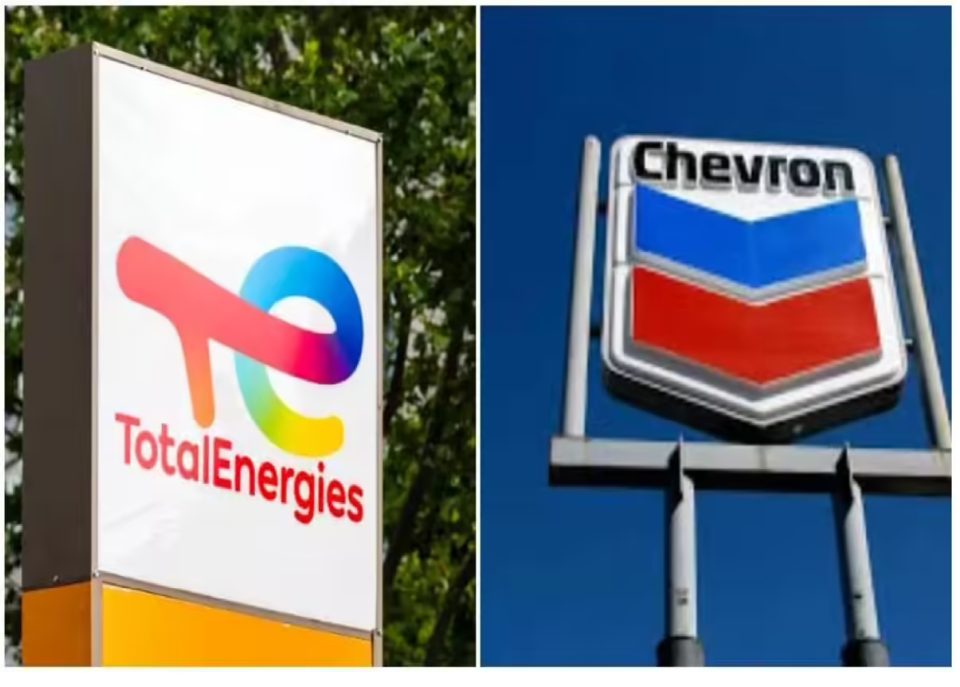- Industry leaders say improved seismic surveys and faster permitting are critical to unlocking Africa’s frontier oil and gas potential
By Christie U. Omonigho
Energy Window International (Media) has just gathered that Africa’s oil and gas sector could be on the brink of a new exploration renaissance, driven by advances in seismic imaging, frontier data sets and faster permitting, industry leaders were reported to have said at Africa Energy Week (AEW): Invest in African Energies 2025 in Cape Town.
Emmanuelle Garinet, VP of Exploration Africa at TotalEnergies said that Africa’s frontier basins hold significant volumes, pointing to Namibia as an example of how seismic and subsurface data can de-risk projects: “When we decided to drill the Venus well, it was frontier, but we had a probability of success of more than 50% because of the seismic data and direct hydrocarbon indicators.
The Republic of Congo is already pulling the strings as TotalEnergies’ exploration permitting process is reported to be moving at a markedly faster pace. “We got our permit in less than six months and are preparing for drilling by the end of the year,” says Garinet. About South Africa and its slow pace in the process of acquiring exploration permit, due to legal hurdles, Garinet said it was not only disturbing but also “unacceptable” considering limited budgets for global exploration.
Chevron’s CEO, Gavin Lewis, emphasized the critical role of comprehensive subsurface datasets in Africa. “Before you can do any AI-driven workflows, you need a dataset that illuminates what the subsurface looks like,” he said. “What Africa has lost is the ability to sponsor multi-client subsurface datasets. The only basin that allows for large, regional high-quality datasets is the Gulf of America, which has allowed that basin to reinvent itself multiple times.”
VP of Exploration for bp, Bryan Ritchie, highlighted survey work in Egypt’s Nile Delta, where the company completed the first deepwater ocean-bottom node seismic survey over the Atoll field and noted that the Egyptian Natural Gas Holding Company plans to expand multi-client data coverage across a larger area of the delta. “We’re seeing new opportunities for these images,” he said.
Beyond exploration, Woodside Energy’s VP of Exploration, Terry Gebhardt, said geoscience and subsurface data were also key to carbon capture and storage projects, as well as “maximizing efficacy and recovery” in existing fields.
A panel discussion had also underlined the broader scale of investment in Africa’s oil and gas sector, says Nikki Martin, President and CEO of EnerGeo Alliance who also said that Africa’s oil and gas capital expenditure could rise to $54 billion by 2030, following a $6 billion surge in exploration spending in 2024/

